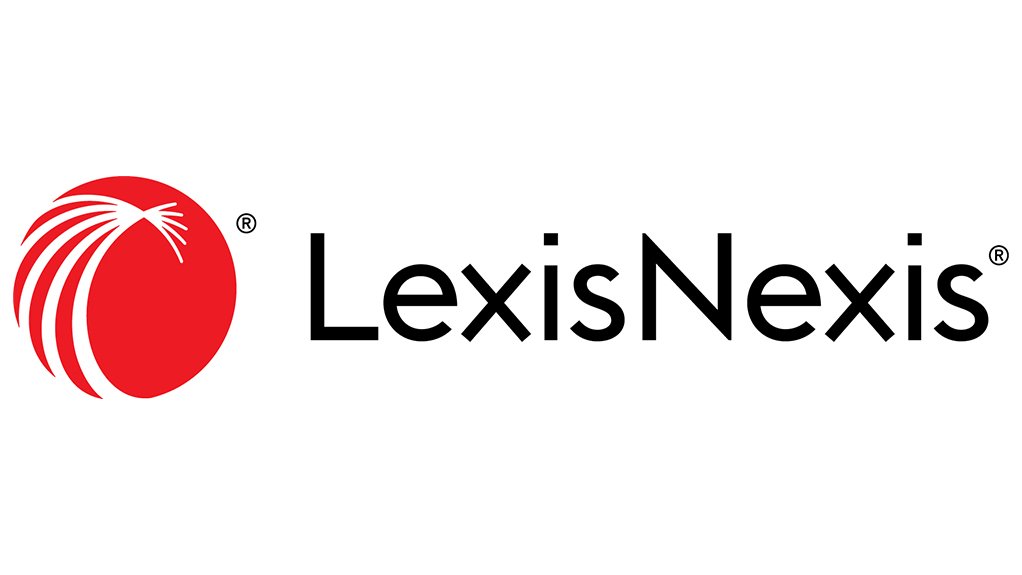The first period for filing of carbon tax returns opened on 1 October 2020, and will close on 29 October, at 15h00. During that limited timeframe, carbon taxpayers are required to file their initial tax returns, using SARS eFiling, and pay carbon tax liability for operating emissions of greenhouse gas between 1 June and 31 December 2019.
Submission of carbon tax returns and payment of carbon tax will become an annual event. However, the 2020 filing poses particular hurdles due to the fact that SARS has continued to publish guidance and support material, essential for a proper completion of a carbon tax return, until as recently as 21 September 2020.
“Framing effective and efficient responses to the new carbon tax legal regime demands intimate knowledge of the complex interaction of three statutes, five sets of regulations, numerous rules and myriad calculation and reporting obligations – which are governed and administered according to the dictates of three different government departments,” says Andrew Gilder, Director Climate Legal and co-author of Concise Guide to Carbon Tax. “It is understandable that carbon taxpayers are asking for assistance, and the Concise Guide is precisely the help that taxpayers have been seeking.”
By assembling and explaining the entire suite of relevant documentation, legal instruments, forms and practical processes the Concise Guide to Carbon Tax, published by LexisNexis South Africa and released in print on 14 October and eBook on 05 October, provides a single point-of-reference for the entire carbon tax legal regime, and equips taxpayers to manage their carbon tax compliance and payment obligations. To purchase the title ISBN/ISSN: 9780639012650 - R488.75 click here.
Authored by seasoned climate change, carbon market, carbon tax and tax law practitioners Andrew Gilder (Director at Climate Legal), Olivia Rumble (Director at Climate Legal) and Mansoor Parker (Tax Executive at ENSafrica), the Concise to Carbon Tax is set to become a standard practitioners’ reference in the emerging field of carbon tax, in South Africa.
With the first carbon tax season already underway, the launch of the Concise Guide to Carbon Tax could not be better-timed and to support its release, the authors, hosted by LexisNexis, will provide clarity and guidance on a webinar: Concise Guide to Carbon Tax Overview and Functionality on 8 October from 14:00 – 15:30. A panel discussion will take place, facilitated by Gina Downes, Chief Advisor: Environmental Economics at Eskom. To register click here.
Extract from chapter 5 of the Guide:
The Customs and Excise Act is the administrative lens through which the entire carbon tax legal regime is focused, and section 54AA ( ‘Provisions relating to the carbon tax’) is the counterintuitively cryptic institutional crux of the suite of laws and regulations examined in Chapters 1 to 4. Section 54AA outlines a governance framework for the carbon tax that is firmly founded in excise administration and practice.
While Chapters 1 to 4 are primarily concerned with the ambit of the Carbon Tax Act TA and the regulations promulgated thereunder, the Act and regulations address neither the licensing and registration of emitting facilities and carbon taxpayers nor the preparation and submission of carbon tax returns. The deceptively limited legislative space occupied by section 54AA deals with these issues and forms the basis for a complex and convoluted institutional and administrative design, which considerably widens the scope of this Guide.
The purpose of the present chapter is to explain this complex and convoluted design and to unpack its consequent legal requirements and obligations. Section 54AA of the CEA even suggests a useful and practically oriented approach for the content and structure of this chapter. Instead of conducting an academic examination of that section in a way that is disassociated from its legal ramifications, Chapter 5 proceeds first by isolating the broadly separate requirements and obligations that arise from section 54AA and secondly by using such requirements and obligations as the framework for a series of conceptually distinct substantive paragraphs.
Written by Andrew Gilder, Olivia Rumble, Mansoor Parker; Lexis Nexis
EMAIL THIS ARTICLE SAVE THIS ARTICLE ARTICLE ENQUIRY
To subscribe email subscriptions@creamermedia.co.za or click here
To advertise email advertising@creamermedia.co.za or click here











